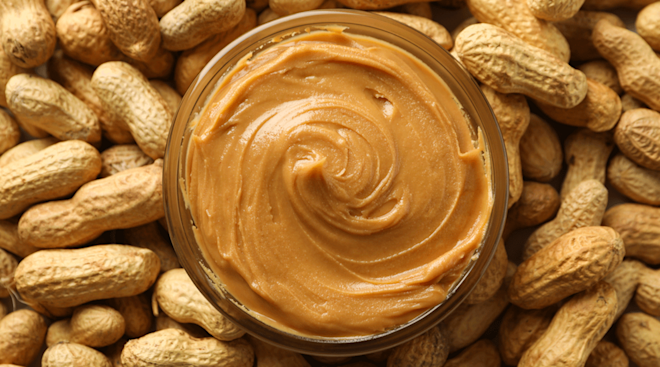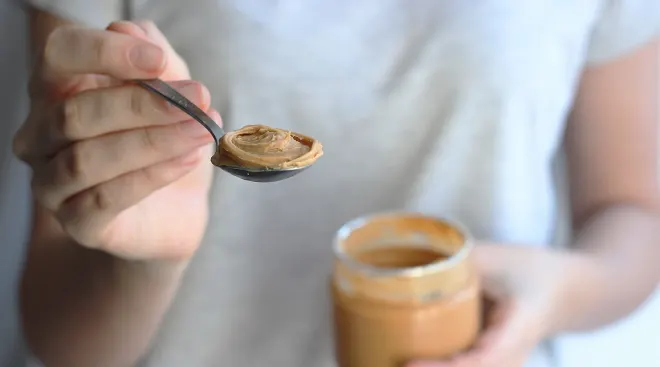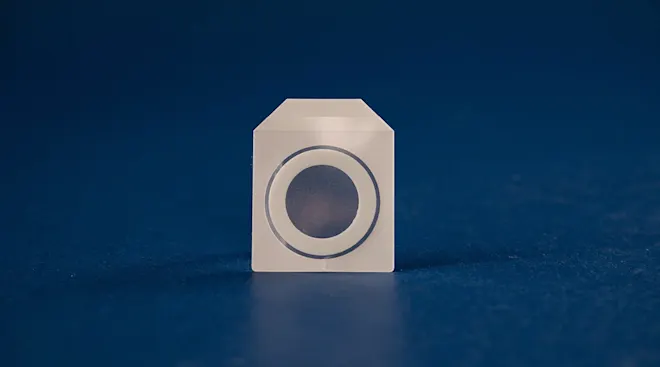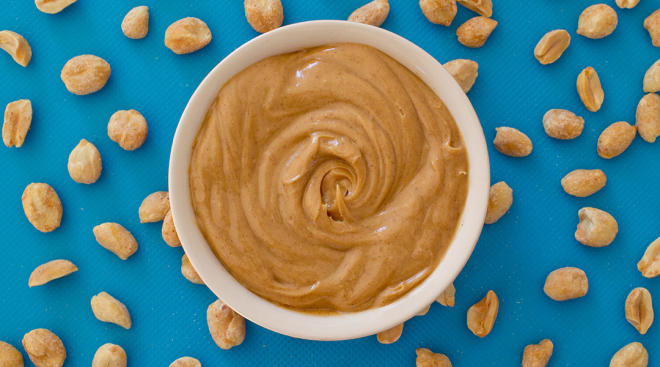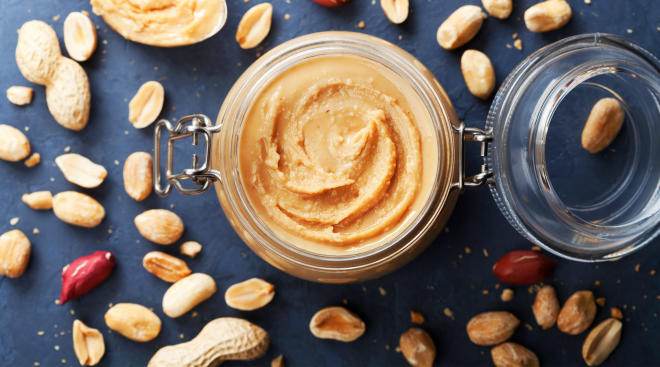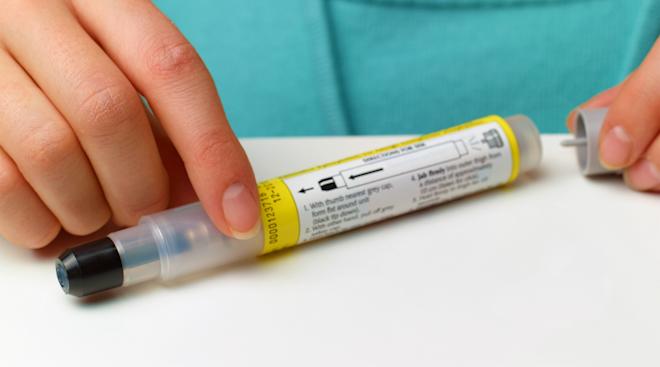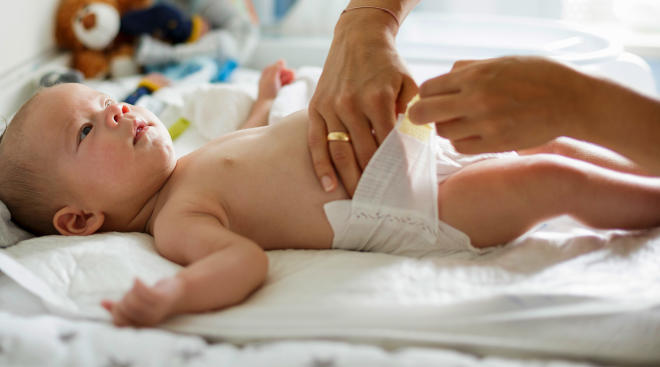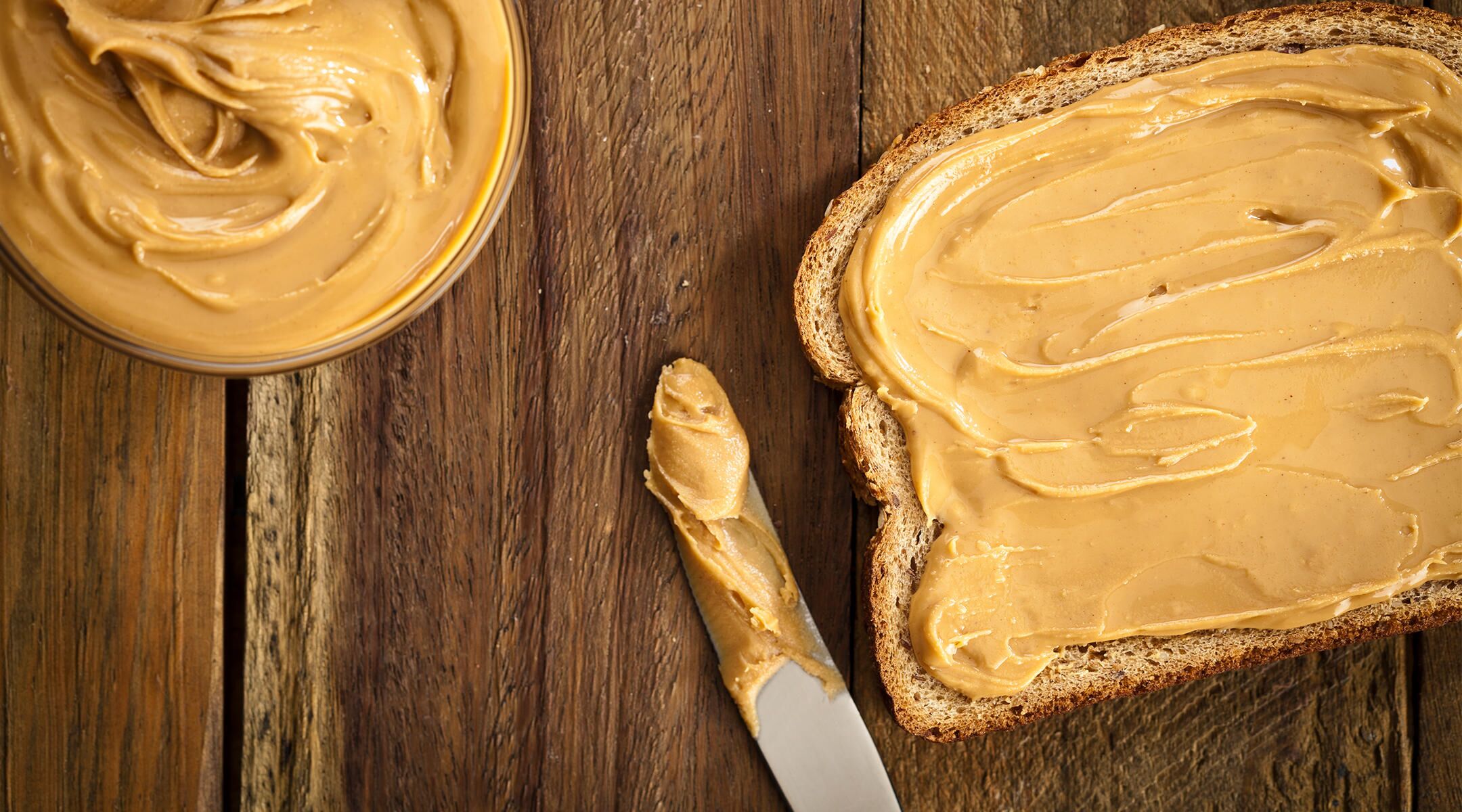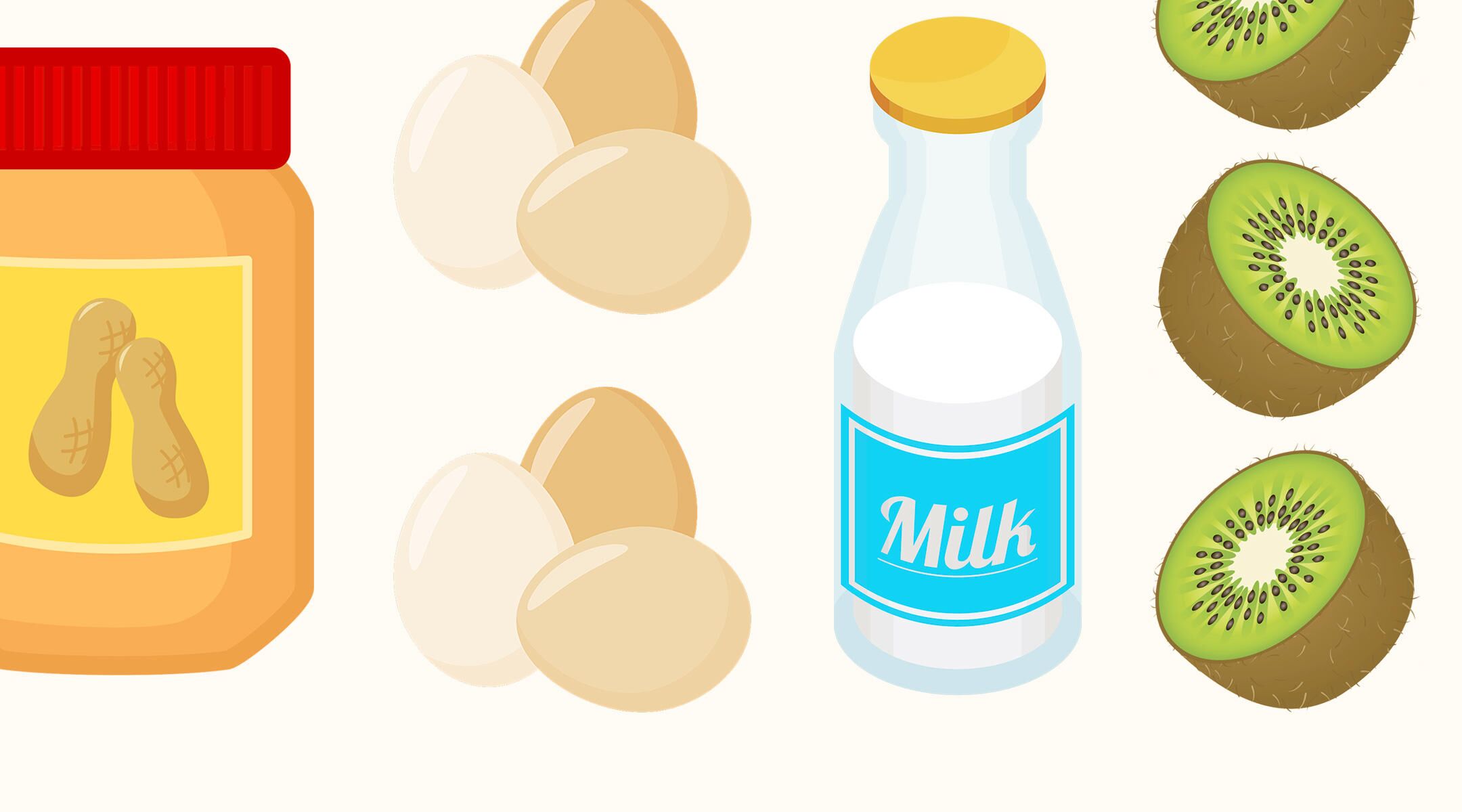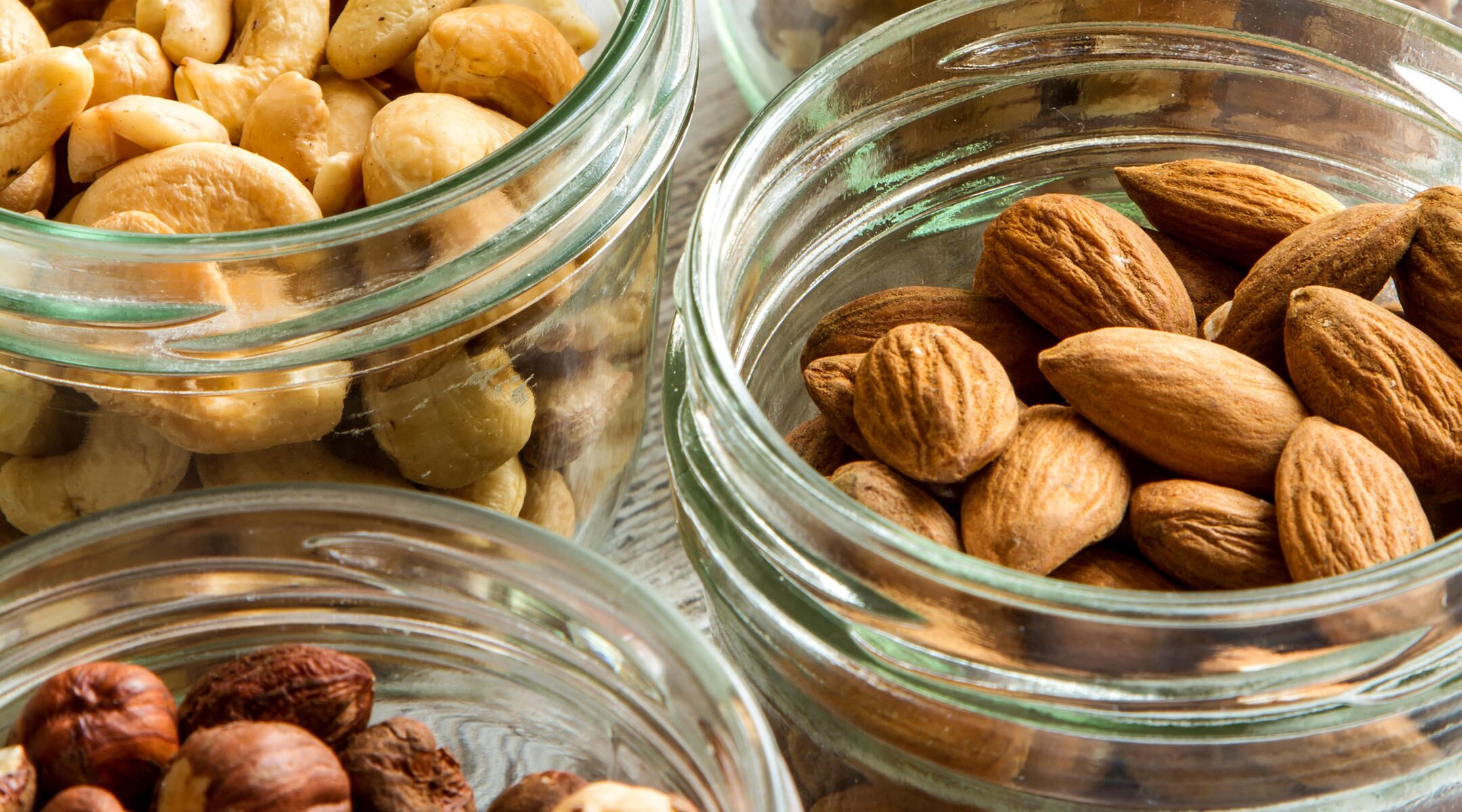Baby’s Gut Bacteria Could Help Predict Peanut Allergies, Study Says
In recent years food allergies have been on the rise, with an estimated 1 in 13 kids or around two students per classroom reported to have a food allergy. Among the top eight allergy offenders are peanuts, common in foods and cafeterias across the nation. As kids head back to school, thousands of children will discover they’re allergic to peanuts too late, in the middle of an allergy attack.
But what if you could find out ahead of time if your baby would develop a peanut allergy? New research may have uncovered the key to just that, potentially saving thousands from life-threatening anaphylactic reactions.
The study, conducted by researchers at the Icahn School of Medicine at Mount Sinai and published in the Journal of Allergy and Clinical Immunology, analyzed poop samples from over 12o babies from infancy to later in childhood. The researchers found key differences in the gut bacteria and metabolic byproducts in children who did and did not develop a peanut allergy by age 9.
In their observations, scientists found that babies who eventually developed peanut allergies had lower gut microbiome diversity during their early years. Specifically, classes of bacteria, including Clostridium and Bifidobacterium, and certain metabolites like butyrate and isovalerate were found in different patterns in children who developed peanut allergies. These metabolites were linked to “histidine metabolism pathway” – a process in the body that breaks down and uses the protein building block histidine.
These observable differences function as key indicators potentially alerting doctors and their patients of upcoming allergy developments. “It’s a major step forward to understand that specific patterns of gut bacteria and their metabolic products can be early indicators for the development of peanut allergies,” Senior author Supinda Bunyavanich, MD, MPH, MPhil, said in a press release. “This offers a unique perspective into potential preventive strategies that could have a profound impact on how we address peanut allergies in children.”
Bunyavanich notes that while the discovery of these key indicators are a big step forward, they shouldn’t be used to draw premature conclusions: "While it’s exciting to think our gut bacteria might influence our risk of developing allergies, it’s crucial to note that altering a child’s gut bacteria isn’t yet an immediate solution. We need further research to truly harness these findings,” she noted.
It’s important to talk to your pediatrician before introducing any new foods to your baby’s diet.“We encourage parents to talk to their pediatrician or allergist about the symptoms of allergies and whether their child should be tested,” said A. Wesley Burks, M.D., FAAP, of the AAP wrote in a press release. “The physician can help track any changes in allergies, some of which may go away as a child grows older.
Navigate forward to interact with the calendar and select a date. Press the question mark key to get the keyboard shortcuts for changing dates.


































